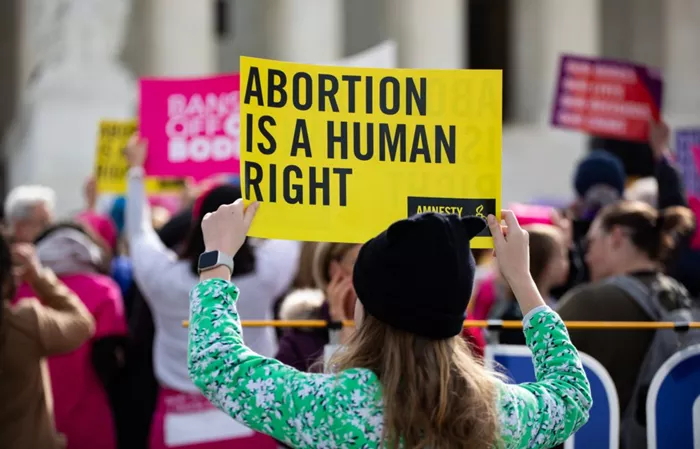Japan was one of the first countries to legalize abortion. Yet today, women still must get their partner’s consent to end a pregnancy. High costs, limited access, and strong social stigma make abortion difficult. Critics say the system controls women rather than supports their health.
Abortion in Japan is technically illegal under the Penal Code, but exceptions exist. Since 1948, women can legally have abortions up to 22 weeks if certain conditions are met. These include health risks, financial hardship, rape, or if the husband consents in writing.
The law requires spousal consent, meaning women must get permission from their husbands. Even unmarried or single women often have to provide consent from the father of the child—whether a boyfriend or casual partner. This is common, though not always legally required.
Kumi Tsukahara, a reproductive health researcher, says clinics often demand consent due to conservative interpretations of the law. This practice is widespread and troubling. Only about ten countries, including Japan, require partner consent for abortion.
Hiromi Kusano, senior advocate at JOICFP, explains that doctors fear legal trouble from male partners. So, they ask women to provide partner consent. If that’s impossible, women must find another man to sign consent forms. This forces many women into lies.
Tsukahara sees the consent rule as part of Japan’s culture of male control. Kusano adds that many men feel entitled to decide if a woman can have an abortion. They treat the unborn child as their property, ignoring women’s rights.
Kusano argues that requiring consent and the abortion restrictions harm women’s bodily autonomy. These rules ignore women’s human rights. She calls for abolishing spousal consent and reforming abortion laws to respect women’s choices.
Asuka Someya, a sexual health activist, shares her story of an unplanned pregnancy. She chose abortion but felt guilty. In Japan, abortions cost between ¥100,000 and ¥200,000 ($700–$1,400), and health insurance does not cover them. This financial burden is heavy.
In 2023, Japan approved the abortion pill for pregnancies under nine weeks. This pill offers a safer, non-surgical option, common in countries like the US and France for decades. However, the pill’s availability in Japan remains very limited.
Women must stay in a hospital for two days during a medical abortion. Only designated doctors can oversee the procedure. Few clinics meet these rules, and only 11 out of 47 prefectures have authorized doctors. This restricts access severely.
Medical abortions can cost as much as surgical ones due to hospital stays and doctor supervision. The rules also force women into humiliating conditions. Tsukahara says these restrictions show distrust of women and limit their freedom.
Emergency contraception costs ¥7,000–¥9,000 ($49–$62) in a limited pharmacy pilot program. Women must show ID and take the pill in front of a pharmacist. The WHO says it should be sold freely over the counter, but Japan’s government imposes strict controls.
Only Japanese speakers can buy emergency contraception in the pilot program’s 340 pharmacies. Non-Japanese speakers must see a doctor, paying around ¥15,000 ($105). This makes Japan’s morning-after pill one of the world’s costliest.
Abortion remains a taboo topic in Japan. Many women feel shame, so public support for reform is weak. The health ministry plans to ease medical abortion rules, allowing patients to leave clinics sooner. But spousal consent will stay.
Some argue easier abortion access hurts Japan’s low birth rate. But experts say restricting abortion doesn’t raise birth rates; it causes suffering and inequality. Reproductive health should be about women’s rights, not population control.
Someya believes change starts with education. More women need to speak out about abortion barriers. Knowing about abortion rights helped her make confident choices. She says, “It’s our decision, our lives, and our bodies.”
If you want a straightforward guide on abortion access in Japan, resources like Japan Truly can help. The debate continues, but women’s autonomy remains at the heart of the issue.


